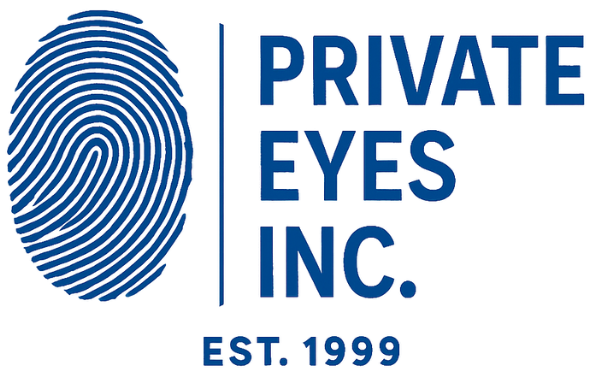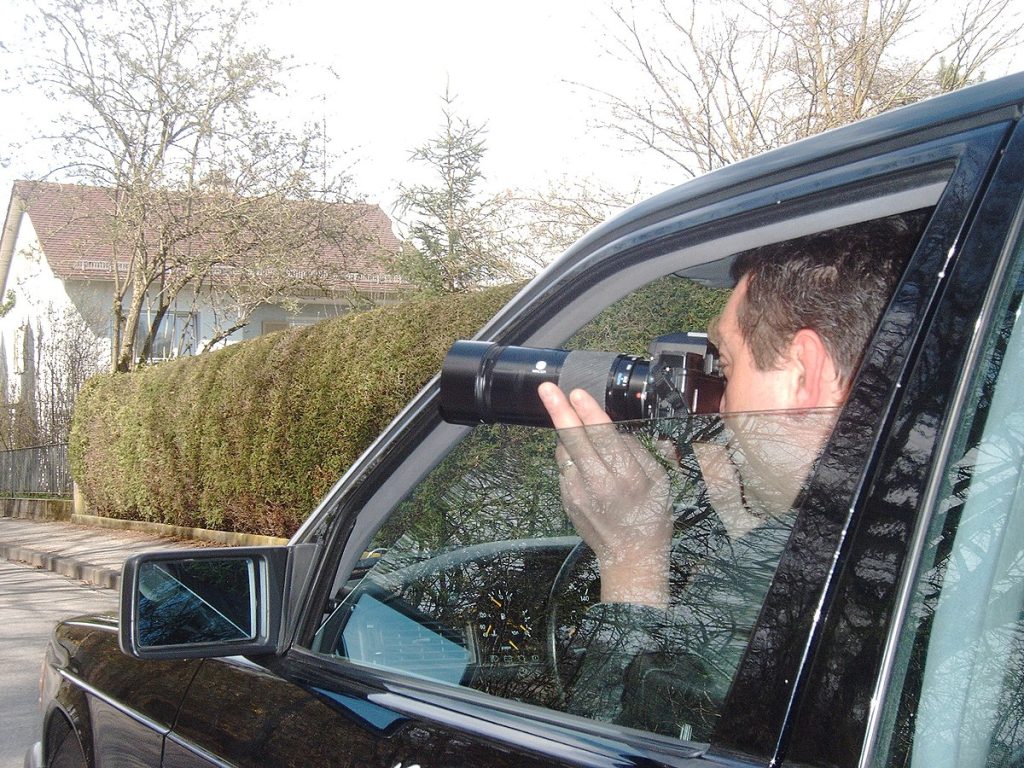In this post, we’ll explore the different types of surveillance, from electronic surveillance equipment to complex methods and systems.
What is surveillance?
You don’t have to be a large corporation to make use of surveillance. Surveillance offers something for everyone. Private investigators and security firms are practiced at helping people in all kind of situations.
Some of those situations may include employee theft, insurance fraud, infidelity, child custoy investigations or even child support. The main aim of these types of surveillance is to provide extensive information and reports that allow the client to come to an unbiased conclusion. The information provided will also help to provide evidence if the case should go to court.
Surveillance and investigation can be done discreetly and professionally so you can be sure you get information that is accurate and allows you to make clear decisions.
Different surveillance methods
So, what surveillance methods are used to collect the information passed on to a client? There are many different surveillance methods that could lead to information. The system and equipment used will depend on the type of case being investigated and the level of discretion that needs to be employed. Here are some examples.
- Electronic surveillance – Electronic surveillance equipment is often the most used tool during an investigation. It could range from cameras and wiretaps to GPS tracking and more. An employer may want to use GPS on company vehicles, for instance, to ensure they’re being used professionally by employees. Electronics can record an array of information for investigators to document.
- Interviews – Interviews are far less common, but they can serve a purpose in certain investigations. In a missing persons case, for example, the more information an investigator can get, the easier it will be to locate the missing person. An investigator may want to interview family, friends and co-workers to narrow down the search.
- Observation – You can gather a lot of information just by observing someone. This type of surveillance is common for a suspected cheating partner case. Investigators spend time physically observing the person in question and will report back with the information gathered. This may be over several days, several weeks and in different areas.
- Technical surveillance – Technical surveillance involves the use of audio and visual equipment to document behavior and conversations. This type of surveillance can come in handy during proof of cohabitation cases or employee sickness and absenteeism.
Your investigator will likely use a combination of these techniques to ensure you get the most informative report possible. Any information gathered can be used for legal purposes in the event of a court battle.
How surveillance is carried out
-
Overt vs covert surveillance
Your private investigator will work in different ways during each case. One of the central distinctions is between an overt and covert operation. So, what’s the difference? In layperson’s terms, a covert operation is when a detective must remain undetected. However, an overt operation can happen in the public eye.
An example of a covert operation may be a spouse who wants to know if their partner is cheating. The investigator would need to remain discreet and unseen to gather the correct information. On the other hand, an overt operation could be the installation of business security systems, like CCTV.
-
Mechanical vs human surveillance
Similarly, the type of surveillance operation can vary between mechanical or human. For instance, a business owner may be able to catch an employee stealing via a mechanical camera. However, another employer may need to catch an employee stealing with human investigation if it takes place outside of the business premises.
-
Stationary vs mobile surveillance
Your investigation could also be stationary or mobile. You may need your investigator to stay in one place for a certain period of time to gather the information you need. Alternatively, they might need to follow a subject and collect data on the go.
The type of surveillance carried out will depend on your specific case and the type of results you require. You’ll need to discuss this with your investigator before the surveillance begins. Many investigators will use a selection of different types of surveillance to provide you with as much proof as they can get.
What to expect from surveillance
When you ask for help from a private investigator or security team, you’ll need to give them as much information as you can. This could involve an interview process where you hand over anything you already know. Once you have agreed upon a surveillance package, your investigator will thoroughly research the subject, which could include their background and relationships.
Once the research is completed, your investigator will determine the best time and place to begin the surveillance. They will also decide which surveillance equipment and methods are likely to gather the best information in the shortest amount of time.
Your investigator will keep you informed at every opportunity, so you don’t have to feel overwhelmed or anxious about the situation. Handing over a complex situation to an investigation specialist can take the weight off your shoulders and give you peace of mind knowing that, one way or the other, the matter will be resolved.
Speak to a surveillance expert
Do you need help with a complex situation? Perhaps you suspect an employee of faking an illness to get paid or maybe you’re concerned about a loved one that’s been missing for a while. At Private Eyes Inc, we can provide the right type of surveillance to suit your needs.
Our team of specialists are led by the founder Gary Pastor, he has all the necessary skills to build a truly successful team. We can deploy our investigators anywhere, at any time, so you won’t have to wait to get the ball rolling.
Give us a call today 866.PRI.EYES (774.3937) and we’ll answer all of your questions. Alternatively, you can visit our contact page and get in touch via our contact form or email.








